Environmental Integration on ...
Online Conference
10 Apr 2025 / 12 Apr 2025 read more




Francesco Alberti
Professor at the Department of Architecture (DiDA), University of Florence, Florence Italy.
Menna Mahmoud
Conference Coordinator
[email protected]
(+20) 3 5763827 | (+20) 3 5763828
(+20)1000028021
Subscribe to our newsletter
The seventh edition of the International Conference on “Urban Planning and Architectural Design for Sustainable Development” was held in collaboration with the University of Florence in Italy, and took place physically and virtually from the 13th to the 15th of September, in an effort to include attendees from all corners of the world.
The conference discussed contemporary methods in sustainable urban planning and architectural development techniques, highlighting modern research by a diverse set of authors around the globe. The conference successfully highlighted the importance of the inclusion of greenery in modern construction, the implementation of reliable public transit systems, and enhancing overall livability in cities.
The conference covered a wide array of topics that pertain to the sustainable development of cities and architectural constructs. Some of the main topics that were discussed include:
1- City Planning: Urbanization and Development
2- Past and Future: City's Image and Preservation
3- Compact Cities Context at Low and High Densities
4- Evolving Architecture and Rethinking Cities
5- Art and Defining the City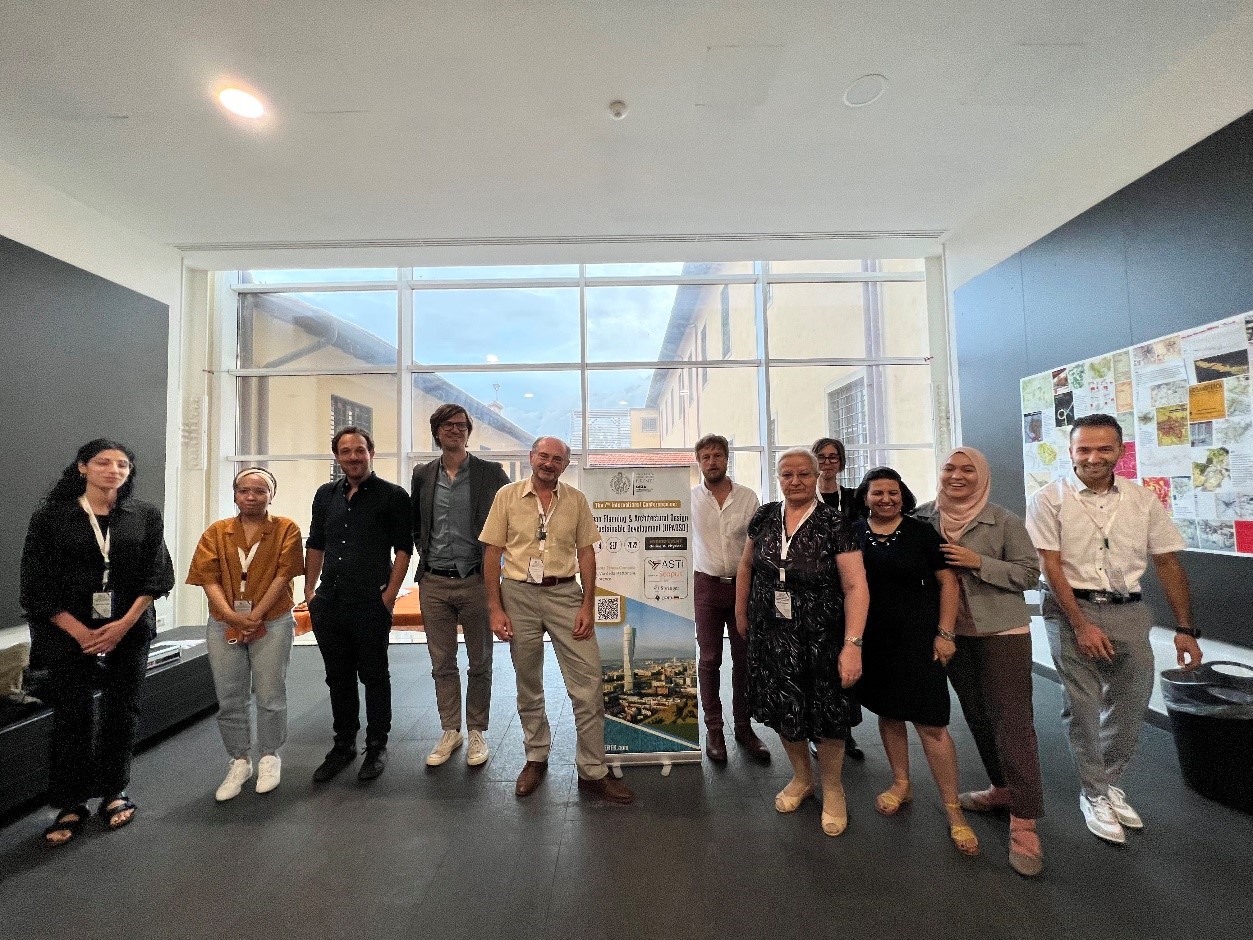
Day 1:
Welcoming Session:
The Opening Ceremony started with online registration and welcoming speeches from the Conference Chair, Prof. Francesco Alberti, and IEREK’s founder, Dr. Mourad Amer.
Short welcoming speeches were given by the conference chair Professor Francesco Alberti, Professor at the Department of Architecture, Professor Marco Pierini, the Pro-rector for Technology Transfer, Cultural Activities, and Social Impact, as well as Prof. Giuseppe De Luca, the Director of the Department of Architecture, all from the University of Florence, Italy.
Following the speeches, a brief presentation was given that introduced IEREK as a company and its activities to the audience.
Plenary session:
A plenary session followed introducing the first keynote speaker Professor Laura Aelenei, Senior researcher and Scientific Coordinator of the Research Area Energy in Built Environment, at the National Laboratory of Energy and Geology | LNEG, whose speech was entitled: “Positive Energy Districts for Urban Energy Transitions.”
The second keynote speaker was Professor Gianfranco Franz, full Professor of Policies for Sustainability and Local Development at the Department of Environmental Sciences and Prevention Department of Economics and Management for the University of Ferrara, whose speech was entitled: “Planning in Transition. The challenges of sustainability and circularity to address the climate crisis.”
After the keynote speeches was the First Session of the conference titled “City Planning: Urbanization and Development”. The session was moderated by Professor Sara D’Addario, From the University of

Ferrara, Italy, and Professor Francesco Alberti, Professor at the Department of Architecture, University of Florence, Italy.
The first session went on, where multiple authors presented their research physically at the conference venue, taking questions from the live audience, and answering as best they could. Following the first session, attendees took a short lunch break, in preparation for the second session.
The Second Session, where authors presented online, began shortly after the lunch break, entitled “Past and Future: City’s Image and Preservation” and was moderated by Professor Ilaria Dibattista, From the University of Ferrara, Italy, and Dr. Giulio Hasanaj, from the University of Florence.
A discussion and a Questions and Answers session followed, and the first conference day was concluded by a Panel session where final remarks and feedback were discussed.
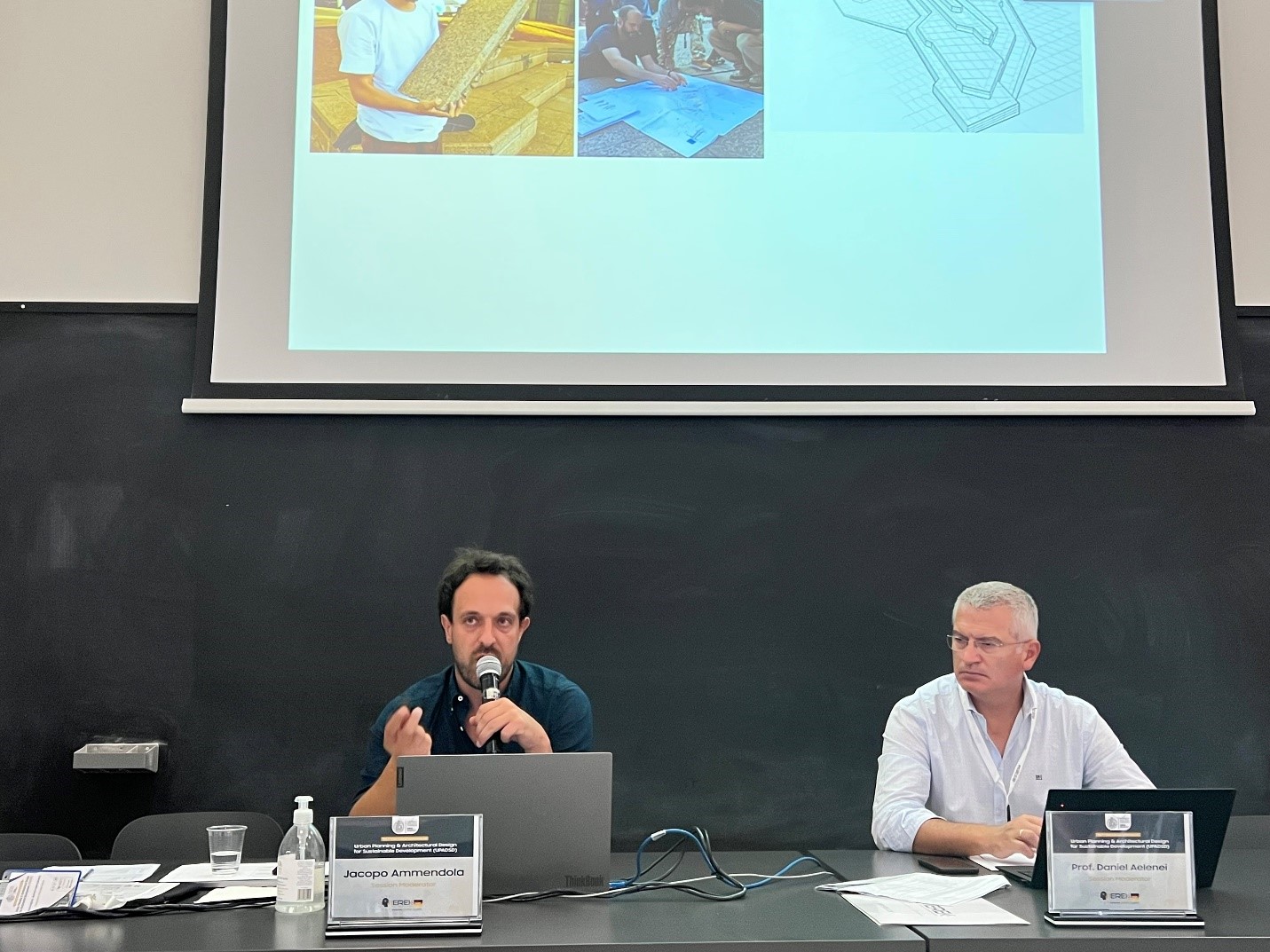
Day 2:
Physical Session:
The 2nd day of the conference started at 8:30 am on the 14th of September ’22 with a short welcoming session. The first session of the day was held online, titled “City Planning: Urbanization & Development” and moderated by Prof. Paola Gallo, and Dr. Eleni Tracada. A diverse set of authors from around the world presented their research online and took questions from both, live, and online attendees. Following the online session, a short lunch break was issued, and the final session was set to begin soon after.
Online Session:
The final session for the UPADSD conference, titled “Past and Future: City’s Image and Preservation” hosted physical authors and was moderated by Jacopo Ammendola, from the University of Florence, and Prof. Daniel Aelenei, from “Universidade Nova” of Lisbon, Portugal.
Prior to the final session, Prof. Pedro B. Ortiz, professor of Milano Politecnico, and previous founder and director of the Master’s program of Town Planning of the University of King Juan Carlos of Madrid, gave a riveting keynote speech titled “A New Scale for Architecture Design: Metroploitan 1/50.000”
Following the speech, an informative discourse was raised about urban planning and architecture, and a Q&A session was held following the authors’ presentations.
Wrapping up, final remarks, and a closing ceremony were held, and the conference was concluded after feedback was discussed in a panel session.
Planning and constructing urban cities do not necessarily mean exhausting today's resources and endangering the future's supplies. On the contrary, sustainable development and architecture ensure that we get the most out of the available resources without damaging the environment or increasing the risk of lacking resources in the future.
Bearing in mind the threat of global warming, which is witnessed vividly in forest fires and the melting of arctic glaciers, the world pays more attention to sustainable techniques in urban planning and construction that do not negatively affect the environment. Various countries and organizations have invested in renewable energy resources and sustainable architecture and construction projects.
It is now the role of engineers, architects, and researchers to come up with contemporary solutions to increase the life cycle of buildings, ensure the proper implementation of sustainable development techniques, and reduce wasted energy and construction materials. This is done to ensure the maintaining of a sustainable society and the reduction of negative environmental outcomes.
Reaching sustainable development requires huge efforts, especially when it comes to architectural design and urban planning due to the rapid increase of population around the world. Therefore, IEREK, alongside various organizations, has dedicated much attention to gathering researchers and architects interested in this field to share their knowledge and experiences to benefit humanity and future generations.
Following the success of the previous editions of "Urban Planning & Architectural Design for Sustainable Development," the 7th edition of the conference will be an opportunity to benefit from and exchange knowledge with experts in this field.
Selected papers of the conference will be published in a book series entitled Advances in Science, Technology, & Innovation (ASTI) by Springer. Other papers will be published by IEREK Press
1.1 Urbanization and Development: new directions and issues
1.2 Urban Spaces, Society and its Culture
1.3 Urban Sprawl, Boundaries, and Greenbelt
1.4 Built Environment: Impact and Approaches
1.5 Sustainable and Natural Resources Management
1.6 Planning Inspiration from Past and Innovation
2.1 City’s Values, Image, and Identity
2.2 Cultural Heritage Management and Sustainable Tourism
2.3 Biomimetic Approaches to Architectural Design for Increased Sustainability
2.4 Social Feedback and User's-Oriented Development
2.5 Waterfronts, Corridors, and Buffers of the City
2.6 Historic Preservation, Management, and Rehabilitation
3.1 Compact City Debate: A Global Perspective
3.2 Compact Cities in Developing Countries: Assessment and Implications
3.3 The Regional Dimensions of the Compact City Debate
3.4 The Need for Compact Development in Fast-Growing Areas
3.5 Compact Policies for Megacities: Core Areas and Metropolitan Regions
3.6 Challenges of a Rapid Urbanized Economy
4.1 Public Transportation-Planning and Sustainable Networks
4.2 Public Involvement in Sustainable Development
4.3 Future Challenges for Contemporary Cities
4.4 Infrastructure, Facilities, and Systems: New ICT Technologies and Sustainable Economy
4.5 New Way Finding and Place-Making of the City
4.6 The Architecture of Cyberception
5.1 Intersection of Public Art and City Planning
5.2 Art Integration in Urban Morphology
5.3 new perspectives for urban morphology
5.4 Arts, Culture, Identity, and Creative Place-Making
5.5 Urban Culture: Cities Share their Experiences
5.6 A Look inside Art and Creative Spaces
All accepted submissions to the conference, after a rigorous double-blinded peer-review process by the respective and a highly-extinguished Editorial Board, will be published in one of the following:
 Advances in Science, Technology and Innovation (ASTI), an IEREK Interdisciplinary book series published by Springer Nature. (Scopus indexed)
Advances in Science, Technology and Innovation (ASTI), an IEREK Interdisciplinary book series published by Springer Nature. (Scopus indexed) About ASTI
Advances in Science, Technology & Innovation (ASTI) is a series of peer-reviewed books based on important emerging research that redefines the current disciplinary boundaries in science, technology and innovation (STI) in order to develop integrated concepts for sustainable development. It not only discusses the progress made towards securing more resources, allocating smarter solutions, and rebalancing the relationship between nature and people, but also provides in-depth insights from comprehensive research that addresses the 17 sustainable development goals (SDGs) as set out by the UN for 2030.
The series draws on the best research papers from various IEREK and other international conferences to promote the creation and development of viable solutions for a sustainable future and a positive societal transformation with the help of integrated and innovative science-based approaches. Including interdisciplinary contributions, it presents innovative approaches and highlights how they can best support both economic and sustainable development, through better use of data, more effective institutions, and global, local and individual action, for the welfare of all societies. The series particularly features conceptual and empirical contributions from various interrelated fields of science, technology and innovation, with an emphasis on digital transformation, that focus on providing practical solutions to ensure food, water and energy security to achieve the SDGs. It also presents new case studies offering concrete examples of how to resolve sustainable urbanization and environmental issues in different regions of the world. Read More.
The ASTI series is fully indexed in Scopus and any chapter/ paper published as part of this series will be seen on the Scopus database. Some titles have been successfully indexed or submitted for indexation in Web of Science (ISI).
 IEREK Press Journals, a multidisciplinary publisher that aims to cultivate and disseminate research.
IEREK Press Journals, a multidisciplinary publisher that aims to cultivate and disseminate research.
ESSD is a peer-reviewed, scholarly journal that aims to systematically develop the research-driven curiosity and evidence-based discourse of aspiring scholars that seek to contribute to the academic community. As the world is currently living in an age of information where sources are widely available on the Internet, we at ESSD seek to efficiently utilize the available information to help create robust and evidence-based knowledge. In the process, we offer researchers, in general, and young and aspiring ones in particular a quicker way to get their work published and gain exposure through online open access. We pride ourselves on getting submitted work to be published quickly, through the use of our worldwide pool of subject specialist peer reviewers. Find out more about ESSD International Journal here.

ARChive is an open-access journal that publishes conference proceedings on a wide range of topics relating to social sciences. Consequently, it accepts original research papers on a wide spectrum of subjects. ARChive is a journal published on behalf of researchers that perpetually make an effort to contribute to their fields and provide them with high visibility of research submitted. The series publishes, both, theoretical and experimental high-quality papers of current and perpetual interest. It serves to cultivate, propagate, and essentially archive academic research that has been authored and submitted for academic conferences.
Find out more about ARChive International Journal here.

Resourceedings is an open access journal that publishes conference proceedings. Conference proceedings compromise of different disciplines, ranging from Engineering including built environments, architecture, and sustainability. Disciplines also include Technology and Energy. Resourceedings is a journal that publishes research articles that shed light on different crucial issues in order to provide them with solutions and suggestions. The journal publishes articles submitted by researchers of interest in different fields.
Find out more about Resourceedings International Journal here.
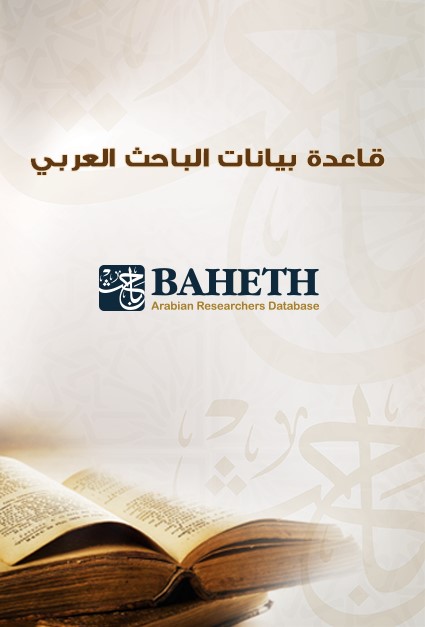
“BAHETH” in Architecture, Engineering, and Technology, is a peer-reviewed journal that publishes original academic research in the fields of Architecture, Engineering, and Technology. The journal welcomes research in the Arabic Language with an English Abstract. Papers submitted to this journal in Arabic must be presented in the English Language in the conference.
Find out more about BAHETH International Journal here.
Publishing in ASTI by Springer (Scopus indexed) 
After the conference, the submitted manuscripts of authors interested in publishing in the ASTI book series will undergo a rigorous peer review process resulting in a final decision made by the editors. Only accepted research will be published as a chapter in the Book Series entitled “Advances in Science, Technology and Innovation” (ASTI) by Springer. The ASTI Book Series is by managed highly professional members of an International Editorial Board to ensure high-quality material for online publication.
The ASTI Book Series is fully indexed in Scopus. Some titles have been successfully indexed or submitted for indexation in Web of Science (ISI).
 |
 |
 |
 |
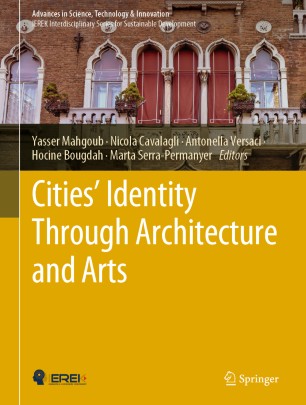 |
About the ASTI series
Advances in Science, Technology & Innovation (ASTI) is a series of peer-reviewed books based on important emerging research that redefines the current disciplinary boundaries in science, technology and innovation (STI) in order to develop integrated concepts for sustainable development. It not only discusses the progress made towards securing more resources, allocating smarter solutions, and rebalancing the relationship between nature and people, but also provides in-depth insights from comprehensive research that addresses the 17 sustainable development goals (SDGs) as set out by the UN for 2030.
The series draws on the best research papers from various IEREK and other international conferences to promote the creation and development of viable solutions for a sustainable future and a positive societal transformation with the help of integrated and innovative science-based approaches. Including interdisciplinary contributions, it presents innovative approaches and highlights how they can best support both economic and sustainable development, through better use of data, more effective institutions, and global, local and individual action, for the welfare of all societies.
The series particularly features conceptual and empirical contributions from various interrelated fields of science, technology and innovation, with an emphasis on digital transformation, that focus on providing practical solutions to ensure food, water and energy security to achieve the SDGs. It also presents new case studies offering concrete examples of how to resolve sustainable urbanization and environmental issues in different regions of the world.
The series is intended for professionals in research and teaching, consultancies and industry, and government and international organizations. Published in collaboration with IEREK, the Springer ASTI series will acquaint readers with essential new studies in STI for sustainable development.
About Springer:
Springer is a leading global scientific, technical and medical portfolio, providing researchers in academia, scientific institutions and corporate R&D departments with quality content through innovative information, products and services. Springer has one of the strongest STM and HSS eBook collections and archives, as well as a comprehensive range of hybrid and open access journals. Springer is part of Springer Nature, a global publisher that serves and supports the research community. Springer Nature aims to advance discovery by publishing robust and insightful science, supporting the development of new areas of research and making ideas and knowledge accessible around the world. As part of Springer Nature, Springer sits alongside other trusted brands like Nature Research, BioMed Central, and Palgrave Macmillan.
Click on the below image to learn more about the editors

Francesco Alberti was born in Florence, Italy, in 1964. Graduated at the Faculty of Architecture in Florence, he has been teaching for the Department of Urban and Regional Planning (then Department of Architecture - DIDA) of the same University since 1996. In 2004 he obtained a Ph.D. in Urban, Regional and Environmental Planning. He became Assistant Professor of Urban Planning in November 2010 and Associate Professor in January 2017.
He is scientific coordinator of the research unit SUP&R(Sustainable Urban Projects & Research) at the Department of Architecture of Florence and of the related spin-off "Urban LIFE” (Urban Liveability & Innovation For Everyone).
He was member (2013-2016) of the Steering Committee of the second-level Professional Master's Program “Designing the Smart City” of the University of Florence.
As a member of the Italian National Institute of Urban Planning (INU - Istituto Nazionale di Urbanistica) he joined the National Committee “Networks, Infrastructure and Innovation Policies” (2014-2016) and “Urban Accessibility for Everyone” (since 2016). Since 2106 he is President of the Regional division of INU Tuscany.
His scientific interests in the fields of spatial planning and urban design refer to an approach aimed at giving cultural coherence and operational continuity between the fields of research and education on the themes of the city and the territory, with a special focus on two main areas:
On these topics he has written essays, articles and books, joined national and international conferences, lectured in post lauream and master courses for professionals and public administrators, provided expert help in participatory processes, coordinated seminars and conducted researches.

Professor Paola Gallo is an architect, academic, and scholar in Architectural Technology at the University of Florence in Italy. With more than 20 years of experience in the field of the built environment and sustainable governance, she works on energy efficiency in architecture, especially in the refurbishment field, and is specialized also in industrial ecologically equipped areas planning.
Since 2007 is Professor Paola is a Scientific Secretary and member of the University Research Center ABITA (Bioecological Architecture and Technological Innovation for the Environment) set up between the Universities of Florence, Rome, Naples, Milan, Turin, Reggio Calabria, Genoa. Starting from 2018, she is director of the European Master Course “ABITA – Sustainable design and technologies for built environment ” at the University of Florence.
Professor Paola Gallo gained experience in scientific peer-reviewed publishing as an author in the field of Technology of Architecture and has attended and presented papers in several international and national conferences.
She has also served as a scientific referee for many scientific conferences and journals and is an assistant editor in a reputable journal edited on emerging scientific topics related to promoting the technology of architecture for sustainable development.

ESSD is a peer-reviewed, scholarly journal that aims to systematically develop the research-driven curiosity and evidence-based discourse of aspiring scholars that seek to contribute to the academic community. As the world is currently living in an age of information where sources are widely available on the Internet, we at ESSD seek to efficiently utilize the available information to help create robust and evidence-based knowledge. In the process, we offer researchers, in general, and young and aspiring ones in particular a quicker way to get their work published and gain exposure through online open access. We pride ourselves on getting submitted work to be published quickly, through the use of our worldwide pool of subject specialist peer reviewers.
Find out more about ESSD International Journal here.

ARChive is an open-access journal that publishes conference proceedings on a wide range of topics relating to social sciences. Consequently, it accepts original research papers on a wide spectrum of subjects. ARChive is a journal published on behalf of researchers that perpetually make an effort to contribute to their fields and provide them with high visibility of research submitted. The series publishes, both, theoretical and experimental high-quality papers of current and perpetual interest. It serves to cultivate, propagate, and essentially archive academic research that has been authored and submitted for academic conferences.
Find out more about ARChive International Journal here.

Resourceedings is an open access journal that publishes conference proceedings. Conference proceedings compromise of different disciplines, ranging from Engineering including built environments, architecture, and sustainability. Disciplines also include Technology and Energy. Resourceedings is a journal that publishes research articles that shed light on different crucial issues in order to provide them with solutions and suggestions. The journal publishes articles submitted by researchers of interest in different fields.
Find out more about Resourceedings International Journal here.
The University was established in 1321 by the Florentine republic, and now it develops cooperation with research institutions and academics from all over the world to promote scientific and cultural internationalization, and it became one of the privileged destinations for international researchers and students. Florence is considered as an important international historic and cultural center, famous for the best-known and magical sights in Italy like The Cathedral of Santa Maria del Fiore and Piazza Duomo.
Registration
To help the organizers plan for inter-disciplinary dialogue, participants are requested to choose from the conference themes/ Topics upon registration.
They must also refer to, and abide by, the following instructions in registering and submitting their abstracts/ papers:
Types of Participation
Organized from the comfort of your own home, the conference offers a virtual attendance option for your convenience. That said, participants will have a chance to present their Full paper, online, and have their work considered for publication in the proceedings.
Virtual presenters are required to submit an abstract and extend this abstract following the “author instructions” below and before the deadline (see Important Dates). At least one author must pay the registration fee (see Conference Fees).
For any reason, authors may wish to submit a pre-recorded video presentation no later than 15 days prior to the conference. Alternatively, they may wish to record a voice-over PowerPoint presentation for submission to the conference organizers.
Organized at the University of Florence, Italy, offering a Physical attendance option for your convenience. That said, participants will have a chance to present their abstract/research, on campus, and have their work considered for publication in the ASTI Series by Springer as part of the conference proceedings.
See Author Instructions and Conference Fees for more information.
If your full paper is accepted, it may be published in the conference proceedings book in the Advances in Science, Technology & Innovation Book Series by Springer (indexed in Scopus) even if you are not attending the conference. In this case, the accepted work will not be included in the final conference program and the fee will cover the cost of editorial handling and peer-review evaluation of your paper (See Author Instructions and Publishing Opportunities).
Non-presenting participants may also wish to attend the conference as Audience Members or Co-authors contributing to an already submitted abstract/ paper.
Important Note:
IEREK has an unyielding policy regarding plagiarism. We believe that copying/taking the ideas and work of other Authors without permission and credit is fraudulent. The Reviewing committee and IEREK employees have the authority to reject a paper during its reviewing process, on the basis of the paper being subjected to either minor or major plagiarism.
Authors must refer to, and abide by, the following instructions in submitting their abstracts/ papers:
Step 1: Abstract Submission Process
To download the Abstract Writing Template, Click Here
All Chapters will be screened for similarity using iThenticate; a Turnitin Plagiarism detection software, used for academic publishers. Springer Similarity guidelines are as follows:
To download Paper Writing Template, Click Here
Once Preliminary approval for presentation at the conference and/or consideration for publication is granted, authors will be expected to complete payment in reference to the Conference Fees before the peer review process can begin.
Note:
In preliminary evaluation, the research paper will be inspected against its readability, originality, structure, and relevance to the conference theme/ topics. If the paper gets acceptance by one reviewer, a preliminary acceptance notification will be sent to the author in addition to a proforma invoice requesting payment. As soon as payment is confirmed and done successfully, corresponding official documents can be issued from our end such as:
Only after payment is confirmed,
- and the full paper submission deadline reached, a submitted full-length paper is assigned to an Editor from the Editorial Board, in alignment with IEREK’s and the respective publisher’s revision SOP (double-blind process).
- Each paper is evaluated by a minimum of two reviewers, after which a final decision by the responsible Editor is made. There is no maximum to the number of times a paper can be reviewed, depending on the quality of the submission.
- Once a decision is made by the Editors, IEREK Editors will communicate one of the following three final decisions:
- If modifications are in order, authors will be sent the relevant instructions and a deadline will be set. Missed deadlines may result in complete exclusion/ rejection from the final publication.
- A back and forth process: modifications will be sent back to the responsible Editor/ Series Editor and another round of evaluation conducted where needed. Authors should regularly check their emails (Junk/ Spam folders).
| Student | Academic | Professional | Deadline | |
| *ID must be shown | *Affiliation must be provided | *Affiliation must be provided | ||
| Author Participation (Consideration in the ASTI Book by Springer) | ||||
| Early Bird | 300 € | 350 € | 400 € | 20 Jun 2022 |
| Regular Payment | 350 € | 400 € | 500 € | 04 Aug 2022 |
| Late Payment | 450 € | 500 € | 600 € | 20 Aug 2022 |
| Author Participation (Consideration in the IEREK Press Journal) | ||||
| Early Bird | 200 € | 250 € | 300 € | 20 Jun 2022 |
| Regular Payment | 250 € | 300 € | 400 € | 04 Aug 2022 |
| Late Payment | 350 € | 400 € | 500 € | 20 Aug 2022 |
| Co-author/ Audience | ||||
| Regular Payment | 150 € | 200 € | 250 € | 04 Aug 2022 |
Registration Guidelines:
| Student | Academic | Professional | Deadline | |
| *ID must be shown | *Affiliation must be provided | *Affiliation must be provided | ||
| Author Participation (Consideration in the ASTI Book by Springer) | ||||
| Regular Payment | 200 € | 250 € | 250 € | 04 Aug 2022 |
| Late Payment | 300 € | 350 € | 350 € | 20 Aug 2022 |
| Author Participation (Consideration in the IEREK Press Journal) | ||||
| Regular Payment | 100 € | 150 € | 150 € | 04 Aug 2022 |
| Late Payment | 200 € | 250 € | 250 € | 20 Aug 2022 |
| Co-author/ Audience | ||||
| Regular Payment | 50 € | 50 € | 50 € | 04 Aug 2022 |
| Additional Conference Kit (Excluding Delivery) *Contact us for a quotation on shipping fees. | 100 € |
| If applicable: Paper Extension fees for publishing ASTI (Springer) upon selection | 200 € |
Loyalty Membership Discounts
The more you attend, the more you're rewarded!
IEREK offers its loyal participants with the following discounts depending on his/her attendance:
|
Attendance |
Second |
Third |
Fourth |
Fifth |
|
Discount |
5% |
10% |
15% |
20% |
*The aforementioned discounts are only applicable during Regular and Late Payment times. For more information, please refer to 'Important Dates'.
Payment Terms and Guidelines:
| Title | Date |
|---|---|
| Abstract Submissions Deadline | 15 Jun 2022 |
| Last Notification for Abstract Acceptance | 20 Jun 2022 |
| Full Paper Submission Deadline | 25 Jul 2022 |
| Last Notification for Full-Paper Acceptance | 31 Jul 2022 |
| Early Payment Deadline | 20 Jun 2022 |
| Regular Payment Deadline | 04 Aug 2022 |
| Late Payment Deadline | 20 Aug 2022 |
| Letter of Visa (for delegates who need visa entry) | 20 Jul 2022 |
| Letter of Final Acceptance | 01 Aug 2022 |
| Conference Program | 30 Aug 2022 |
| Conference Launch | 13 Sep 2022 |

Francesco Alberti was born in Florence, Italy, in 1964. Graduated at the Faculty of Architecture in Florence, he has been teaching for the Department of Urban and Regional Planning (then Department of Architecture - DIDA) of the same University since 1996. In 2004 he obtained a Ph.D. in Urban, Regional and Environmental Planning. He became Assistant Professor of Urban Planning in November 2010 and Associate Professor in January 2017.
He is scientific coordinator of the research unit SUP&R(Sustainable Urban Projects & Research) at the Department of Architecture of Florence and of the related spin-off "Urban LIFE” (Urban Liveability & Innovation For Everyone).
He was member (2013-2016) of the Steering Committee of the second-level Professional Master's Program “Designing the Smart City” of the University of Florence.
As a member of the Italian National Institute of Urban Planning (INU - Istituto Nazionale di Urbanistica) he joined the National Committee “Networks, Infrastructure and Innovation Policies” (2014-2016) and “Urban Accessibility for Everyone” (since 2016). Since 2106 he is President of the Regional division of INU Tuscany.
His scientific interests in the fields of spatial planning and urban design refer to an approach aimed at giving cultural coherence and operational continuity between the fields of research and education on the themes of the city and the territory, with a special focus on two main areas:
On these topics he has written essays, articles and books, joined national and international conferences, lectured in post lauream and master courses for professionals and public administrators, provided expert help in participatory processes, coordinated seminars and conducted researches.
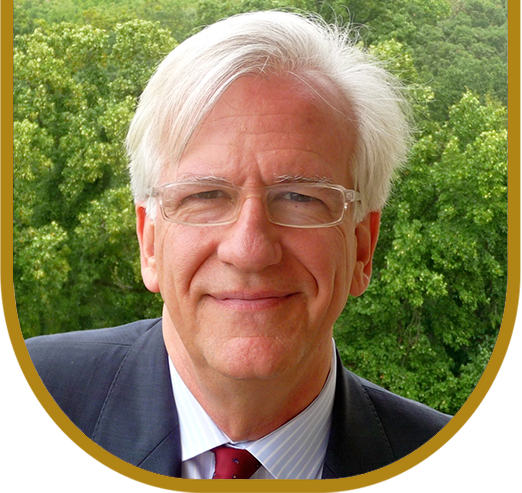
Pedro Ortiz was Born in Manila and brought up in Paris, Washington, Madrid, and Oxford. He is currently a Senior Consultant on Metropolitan Management and Planning for IGOs (International Governmental Organizations) as the United Nations, European Union, UN-Habitat, World Bank, InterAmerican Development Bank, and others.
He also consults for National and Local Governments directly or through Consultancy firms. He has been a Senior Urban Specialist at the World Bank. He is a Fellow of George Mason University - Schar Institute. He has been a Visiting Professor of Milano Politecnico and, previously, the founder and Director of the Master's program of Town Planning at the University of King Juan Carlos of Madrid. Professor Ortiz is a former elected Mayor for Madrid’s Central District (Distrito de Salamanca) (1989-1991). He is also a member of the Madrid’s City Council (1987-1995), where he was responsible for Urban Prospective (1993-1995) and Culture (1991-1993). He served as Director of the “Strategic Plan for Madrid” (1991-1994). He was also Director-General for Town and Regional Planning for the Government of Madrid Region and the author of the "Regional Development Plan of Madrid of 1996" and the "Land Planning Law of 1997." His research interest is in Metropolitan management and planning.
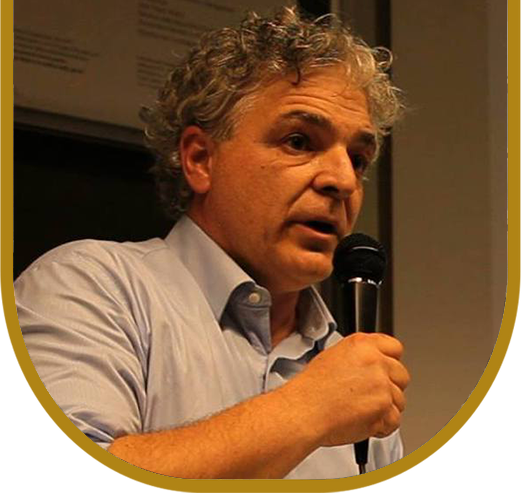
Gianfranco Franz, an architect and a planner, is a Full Professor of Policies for Sustainability and Local Development at the Department of Environmental Sciences and Prevention and the Department of Economics and Management of the University of Ferrara (Italy). During the 90s, he practiced urban and regional planning for several small and medium Italian cities. From 1999 to 2011, he collaborated with the Regional Government of Emilia-Romagna on the definition, promotion, monitoring, and assessment of the regional policy for urban renewal and regeneration. He coordinated research and practical experiences of sustainability and local development, strategic spatial planning, and urban creativity in Italy, Brazil, Argentina, Chile, Uruguay, and Vietnam. From 2003 to 2015, he coordinated the international MA EcoPolis in Policies for Sustainability and Local Development at Unife in collaboration with several Latin American universities. In 2012, he founded the International University Network Routes towards Sustainability with nine universities from five continents. The university members now are 23. He is among the 25 founders of Unife’s international Ph.D. programme in Environmental Sustainability and Wellbeing (2019). In 2021, he was among the 50 founders of the new Department of Environmental Sciences and Prevention at the University of Ferrara. Ecological thinking and cross-disciplinary methodologies are currently at the core of his research. In 2022, Professor Franz published the book L’Umanità a un bivio. Il dilemma della sostenibilità a trent’anni da Rio de Janeiro (Mimesis editore).

Laura Aelenei is senior researcher and Scientific Coordinator of the Research Area Energy in Built Environment at National Laboratory of Energy and Geology (LNEG). She holds a PhD in Civil Engineering, sub-field Building Physics (heat transfer, fluid dynamics), from Technical University of Lisbon (IST-UTL). Laura is coordinator of several research projects in the area of Buildings Energy Efficiency, Net Zero Energy Buildings, deputy coordinator of the European Energy Research Alliance Joint Programme on Smart Cities (EERA JPSC) and vice-chair of the Cost Action 19126 Positive Energy Districts European Network.
Attending a conference dramatically enhances both your professional and personal development. They help you sharpen the saw, meet and converse with industry experts, expand your resources and grow your professional network. IEREK Conference will help you:
The 1st International Conference on Urban Planning and Architectural Design for Sustainable Development (UPADSD 2015) was held in the University Of Salento- Lecce Italy. The conference was chaired by Professor Fabio Pollice (Department Of History, Society and Human Studies, University Del Salento) and organized by IEREK.
The 2nd International Conference on Urban Planning and Architectural Design for Sustainable Development (UPADSD 2017) was held in association with Università degli Studi di Palermo. The conference was chaired by Prof. Ferdinando Trapani (Associate professor in Urban Planning, Department of Architecture, Polytechnics School at the ‘Università degli Studi di Palermo’) and organized by IEREK.
The 3rd International Conference on Urban Planning and Architectural Design for Sustainable Development (UPADSD 2018) was held under the patronage of Prof. Dr. Khaled Abdel Ghaffar, Minister of Education and Scientific Research in Egypt, and Mr. Mohamed Farid Khamis, Founder of El Shorouk Academy and the main sponsor of this conference. The conference was hosted by The Higher Institute of Engineering in El-Shorouk Academy in cooperation with the League of Arab States, The United Nations Human Settlements Programme (UN-Habitat), The Arab Urban Development Institute (AUDI), and The Center for Environment and Development for The Arab Region in Europe (CEDARE).
The conference was held from the 13th to the 15th of December at JW Marriott Hotel Cairo, Egypt. It was chaired by Prof. Gouda Mohamed Ghanem (Vice Chairman of El Shorouk Academy– Egypt) and was organized by IEREK.
The 4th International Conference on Urban Planning and Architectural Design for Sustainable Development (UPADSD 2019) was held as an Online conference. The conference was chaired by Professor Hocine Bougdah (Research and Education Consultant, IERS-UK / Visiting Lecturer, University of Westminster, London, UK.) and organized by IEREK.
The 5th International Conference on Urban Planning and Architectural Design for Sustainable Development (UPADSD 2020) was held as an online conference in collaboration with the University Of Florence, Italy. The conference was chaired by Professor Francesco Alberti (Professor at the Department of Architecture (DiDA), University of Florence, Florence Italy.) and organized by IEREK.
The 6th International Conference on Urban Planning and Architectural Design for Sustainable Development (UPADSD 2021) was held as an online conference in collaboration with the University Of Florence, Italy. The conference was chaired by Professor Francesco Alberti (Professor at the Department of Architecture (DiDA), University of Florence, Florence Italy.) and organized by IEREK.
For IEREK's Previous Publications, Please Click here
- Urban planning and Architectural Design for Sustainable Development (UPADSD) held in Lecce of Italy in October, 2015.

- Urban Planning and Architectural Design for Sustainable Development (UPADSD) – 2nd Edition held in Palermo Italy in October 2017.
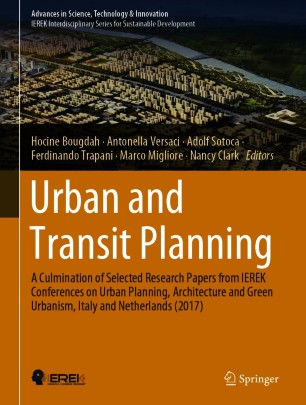

- Urban Planning and Architectural Design for Sustainable Development (UPADSD) – 3rd Edition held in Cairo, Egypt in December 2018.

- Urban Planning and Architectural Design for Sustainable Development (UPADSD) – 4th Edition (Online Conference) in November 2019.
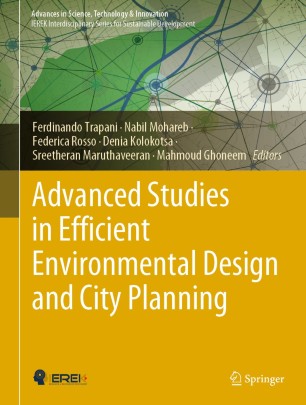
- Urban Planning and Architectural Design for Sustainable Development (UPADSD) – 5th Edition (Online Conference in Collaboration with Florence University, Italy) in July 2020.

- Urban Planning and Architectural Design for Sustainable Development (UPADSD) – 6th Edition (Online Conference in Collaboration with Florence University, Italy) in September 2021.

- For participants who need Entry Visas to the country where the conference will be held, IEREK will issue the corresponding invitation letter for accepted applicants to facilitate visa issuance.
- Please notice that we will endeavor to assist you in obtaining a visa but the responsibility is yours and the decision rests solely with the appropriate Embassy.
Invitation Letter Issuance Process
1- In case the participant is an author who has submitted a research paper to the conference, it must get accepted by the Scientific Committee
2- Required participation fees must be paid
3- The participant should send the following information to the conference's official email:
* A clear copy of passport
* Passport number
* Full name as written in your passport.
* Date of Issuing and Expiration
* Date of Birth
* Email address of the nearest Embassy/Consulate to you
* Mobile Number including country code
4- Conference coordinator will issue the needful invitation letter and send a copy to the participant's email, in addition to another one to the corresponding email address of embassy/consulate
5- The participant should print out the invitation letter along with all other required documents by the embassy/consulate and apply for VISA
Florence is famous with the best-knowns sights in Italy that it would take weeks to see everything in it, also it is one of Europe’s most popular cities. It has many breathtaking views and tourist attractions from museums to churches and palaces.
The following are some suggestions of places to visit while you are in Florence, Italy:
Cathedral is formed of Piazza Duomo and group of buildings which gather some of Italy’s greatest treasures into one relatively small area. It contains some of the best-known masterpieces of architecture and art by the greatest of the Italian Renaissance Donatello, Giotto, Michelangelo and Ghiberti. By walking around the buildings you will admire the intricate inlaid marble exteriors, then you will step inside each one to look closely at the strained glass works of art.

2.San Miniato al Monte
The church was built between the 11th and 13th century and decorated with green and white marble in geometric patterns similar to the facades of Santa Maria Novella and Santa Croco. You can enjoy the impressive view of Florence from the front of the church which is even higher than Piazzale Michelangelo. The sight of the church inlaid green and white marble façade which was the first time for that dramatic effect was used in Florence then it became the most popular façade decoration.

3.Uffizi Palace and Gallery
The gallery is one of the world’s top art museums that contains magnificent paintings from 14th to 16th centuries painters which changed the face of western art. Its collections are staggering in their quality and diversity. The building stretching along the river wasn’t only intended as a residence, but also as governmental offices and scientific studies. The octagonal Tribuna that is considered as one of its loveliest spaces, was commissioned to display the most prized jewels and paintings of Francesco I de' Medici.

4. Ponte Vecchio
Ponte Vecchio was built in 1345 and considered as the oldest bridge in Florence. The purpose of the bridge was to link the two sides of the Arno and the Medici with arches topped by a jumble of shops which is one of the city’s prettiest scenes. The shops became the home of Florence’s talented goldsmiths and a stroll across that show dazzling array of fine jewelry.

8.6 km from University of Florence / 22 minutes by car
Address: Via del Termine, 11, 50127 Firenze FI, Italy
Location on map: Florence Airport
Phone: +39 055 30615
Aeroporto Firenze “Regional airport”
7.9 km from University of Florence / 20 minutes by car
Address: Via S. Piero a Quaracchi, 50145 Firenze FI, Italy
Location on map: Aeroporto Firenze
Phone: +39 055 30615
Bologna Guglielmo Marconi Airport
106 km from University of Florence / 1 hr 20 minutes by car
Address: Via del Triumvirato, 84, 40132 Bologna BO, Italy
Location on map: Bologne Gugliemo Marconi Airport
Phone: +39 051 647 9615
85.3 km from University of Florence / 1 hr 12 minutes by car
Address: Piazzale D'ascanio, 1, 56121 Pisa PI, Italy
Location on map: Pisa International Airport
Phone: +39 050 849111
San Marco Rettorato
55 meter from University of Florence / 1 minutes by walking
Address: 50121 Florence, Metropolitan City of Florence, Italy
Location on map: San Marco Rettorato
Piazza Di San Marco
85 meter from University of Florence / 1 minutes by walking
Address: 50121 Florence, Metropolitan City of Florence, Italy
Location on map: Piazza Di San Marco
San Marco Chiesa
110 meter from University of Florence /1 minutes by walking
Address: 50121 Florence, Metropolitan City of Florence, Italy
Location on map: San Marco Chiesa
Museo Di San Marco
130 meter from University of Florence /2 minutes by walking
Address: 50121 Florence, Metropolitan City of Florence, Italy
Location on map: Museo Di San Marco
Grand Amore Hotel & Spa-4 stars’ hotel
290 meter from University of Florence / 3 minutes by walking
Address: Via dei Servi, 38/A, 50122 Firenze FI, Italy
Phone: +39 055 035 1500
Location on map: Grand Amore Hotel
Hotel Panorama Artinside- 3 stars’ hotel
290 meter from University of Florence / 4 minutes by walking
Address: Via Camillo Cavour, 60, 50129 Firenze FI, Italy
Phone: +39 055 238 2043
Location on map: Hotel Panorama Artinside
350 meter from University of Florence / 4 minutes by walking
Address: Via Santa Reparata, 33, 50129 Firenze FI, Italy
Phone: +39 055 289433
Location on map: Hotel Venento
Hotel Athenaeum- 4 stars’ hotel
550 meter from University of Florence / 2 minutes by car
Address: Via Camillo Cavour, 88, 50129 Firenze FI, Italy
Phone: +39 055 589456
Location on map: Hotel Athenaeum
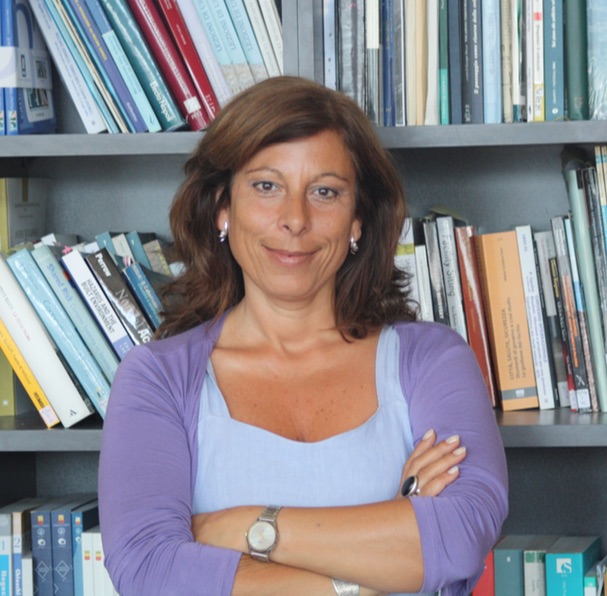
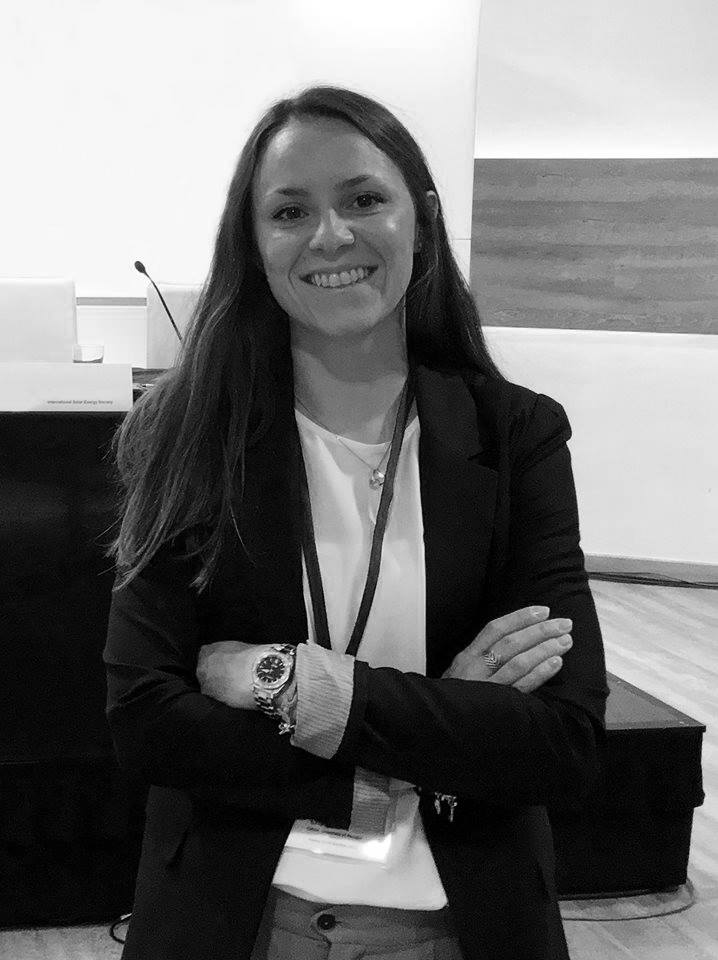
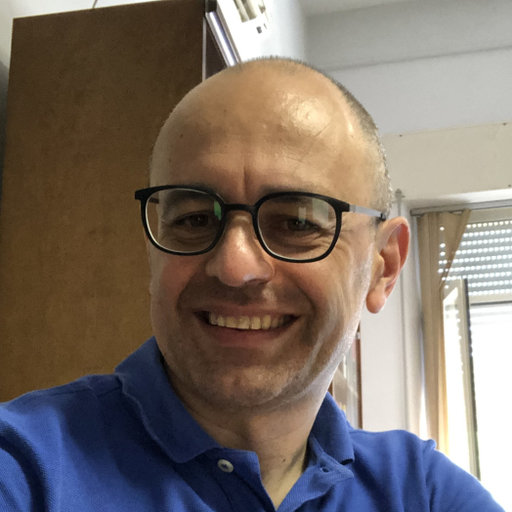
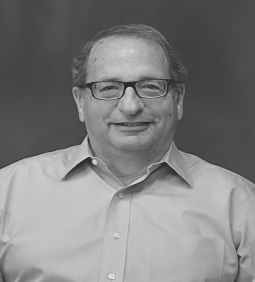
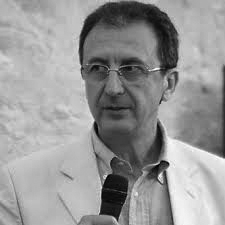
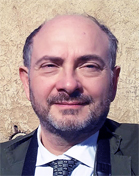
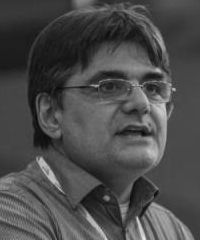
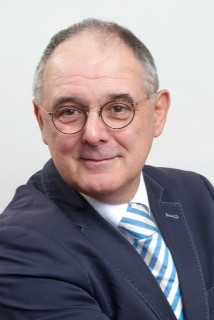
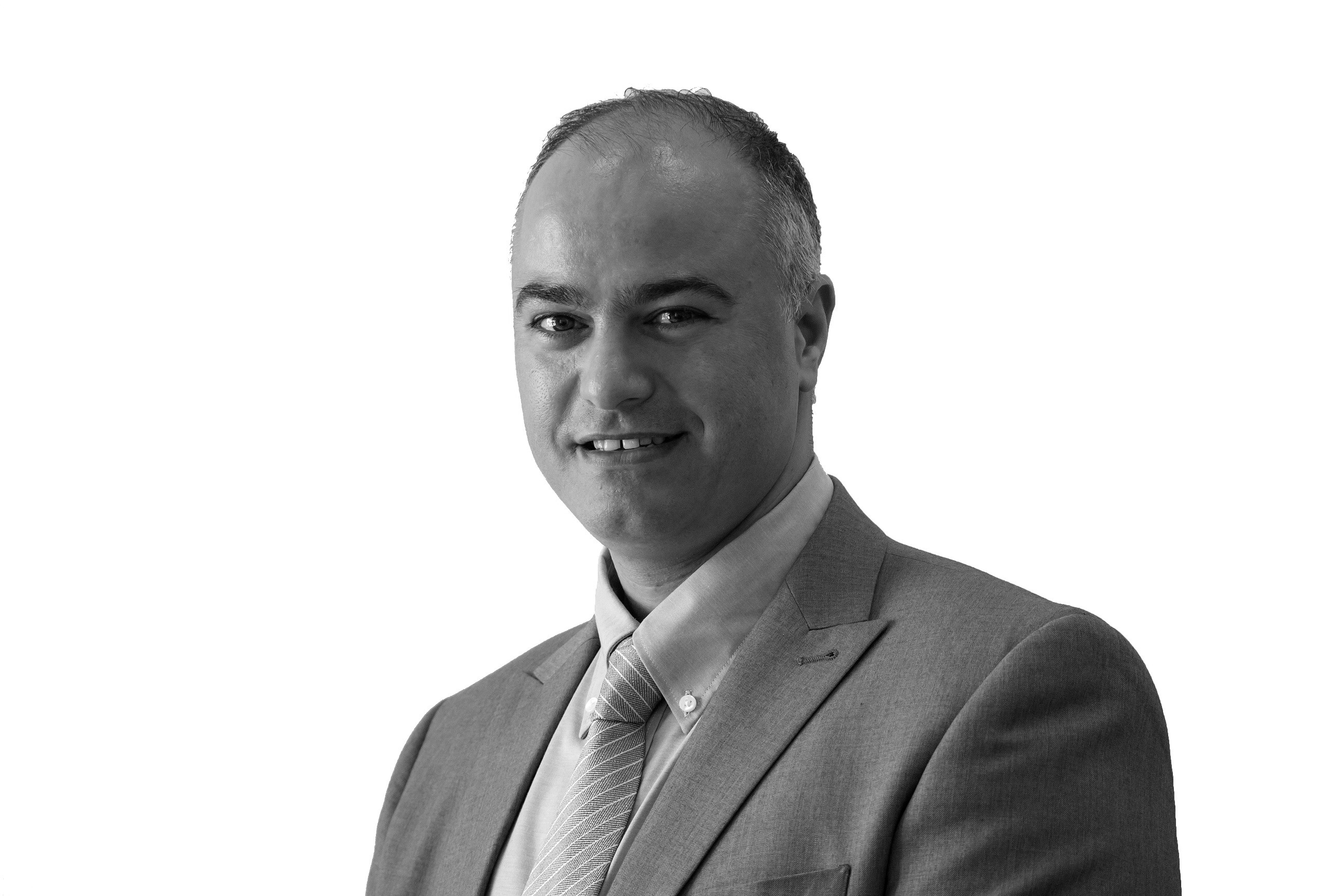
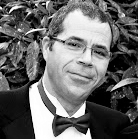
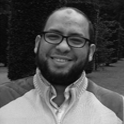
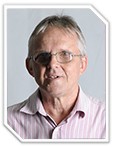
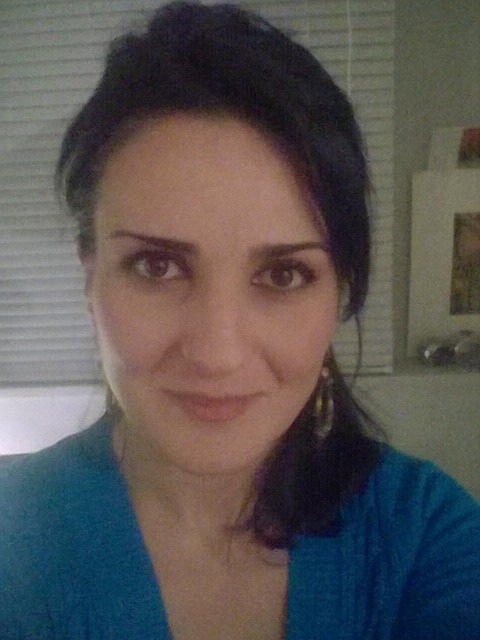
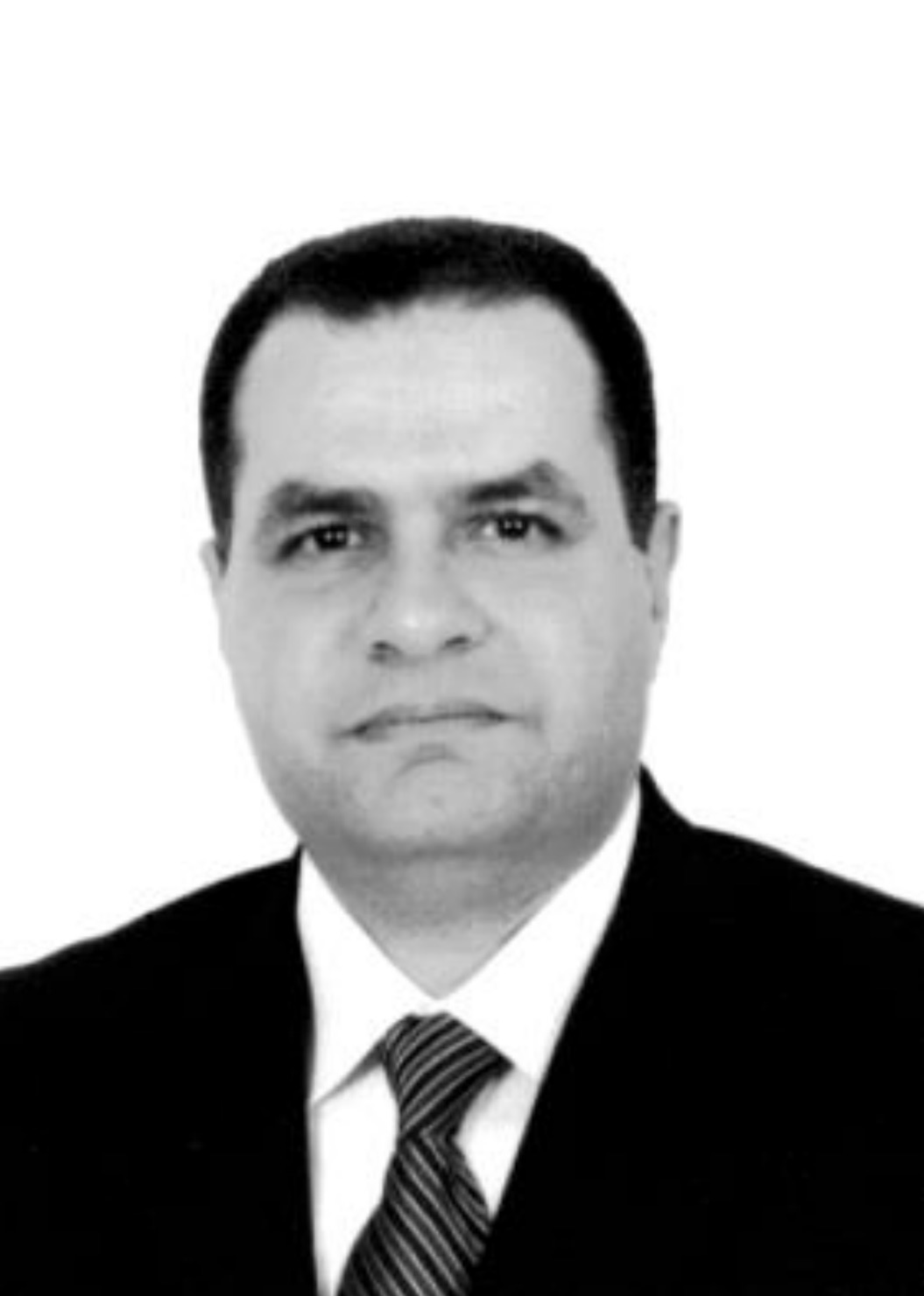
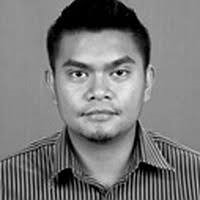
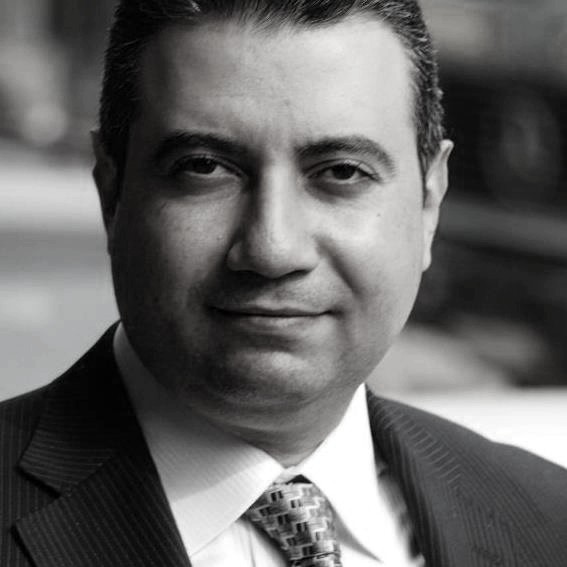
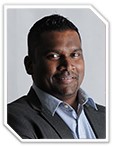
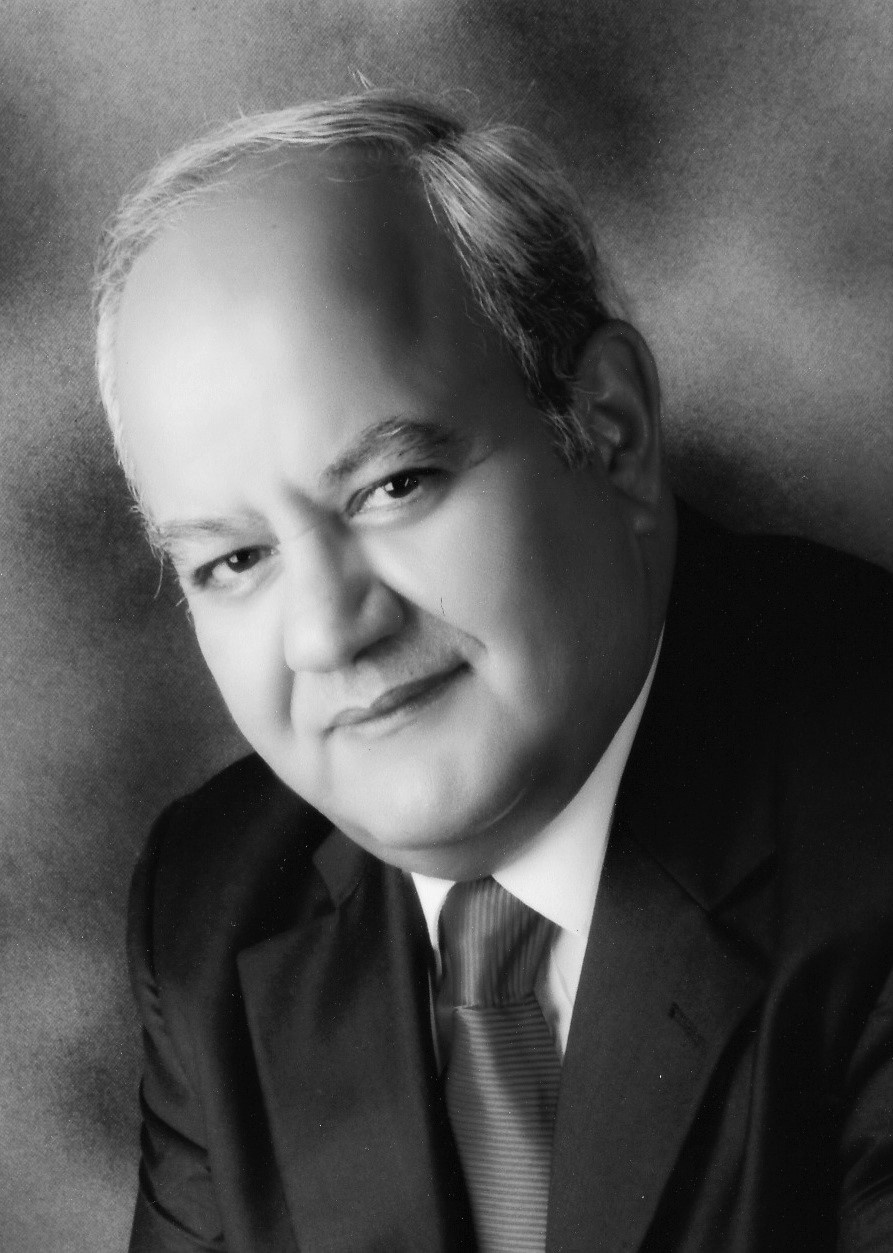






















Francesco Alberti
Professor at the Department of Architecture (DiDA), University of Florence, Florence Italy.
Menna Mahmoud
Conference Coordinator
[email protected]
(+20) 3 5763827 | (+20) 3 5763828
(+20)1000028021
Subscribe to our newsletter
Join IEREK community